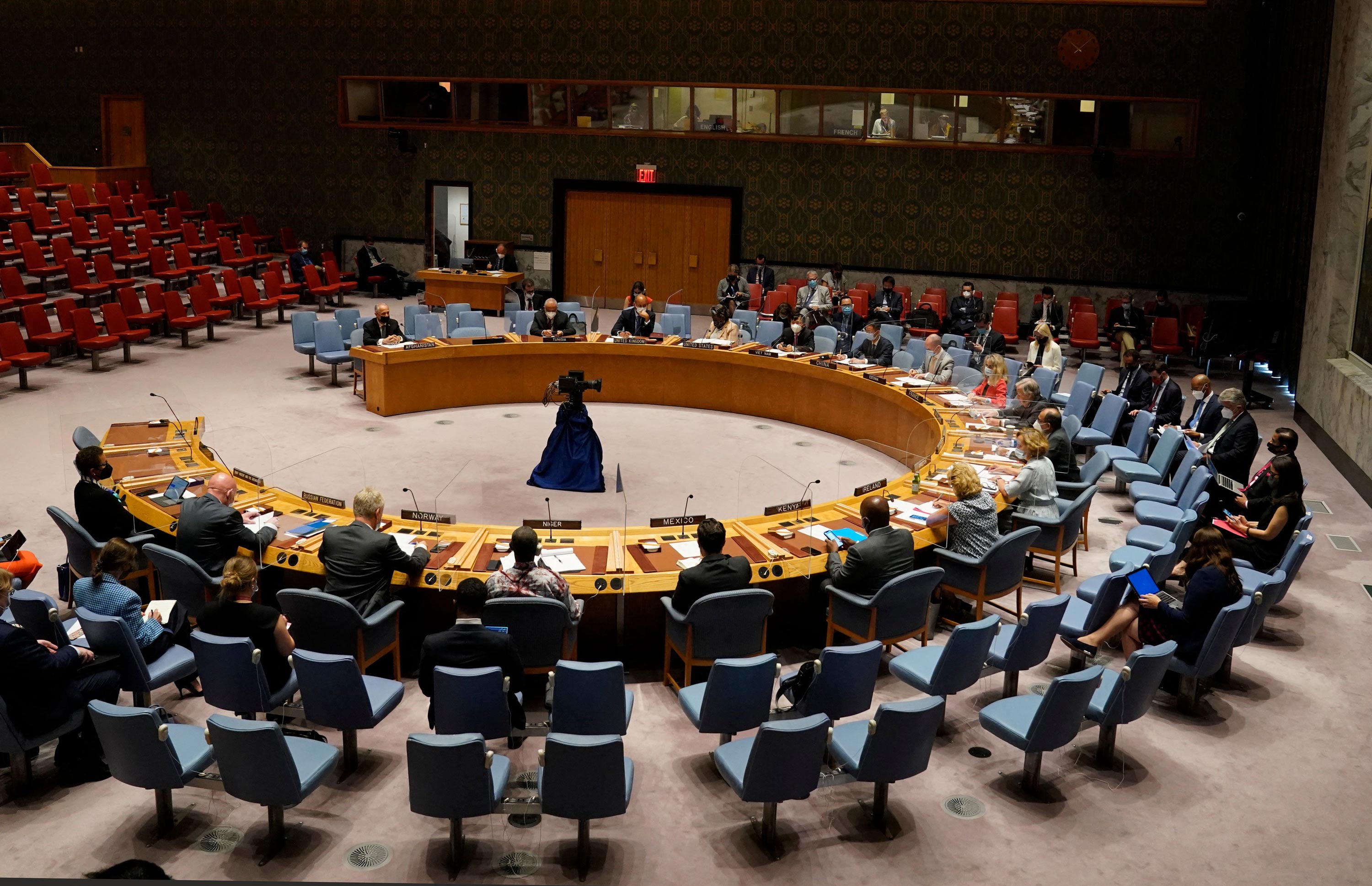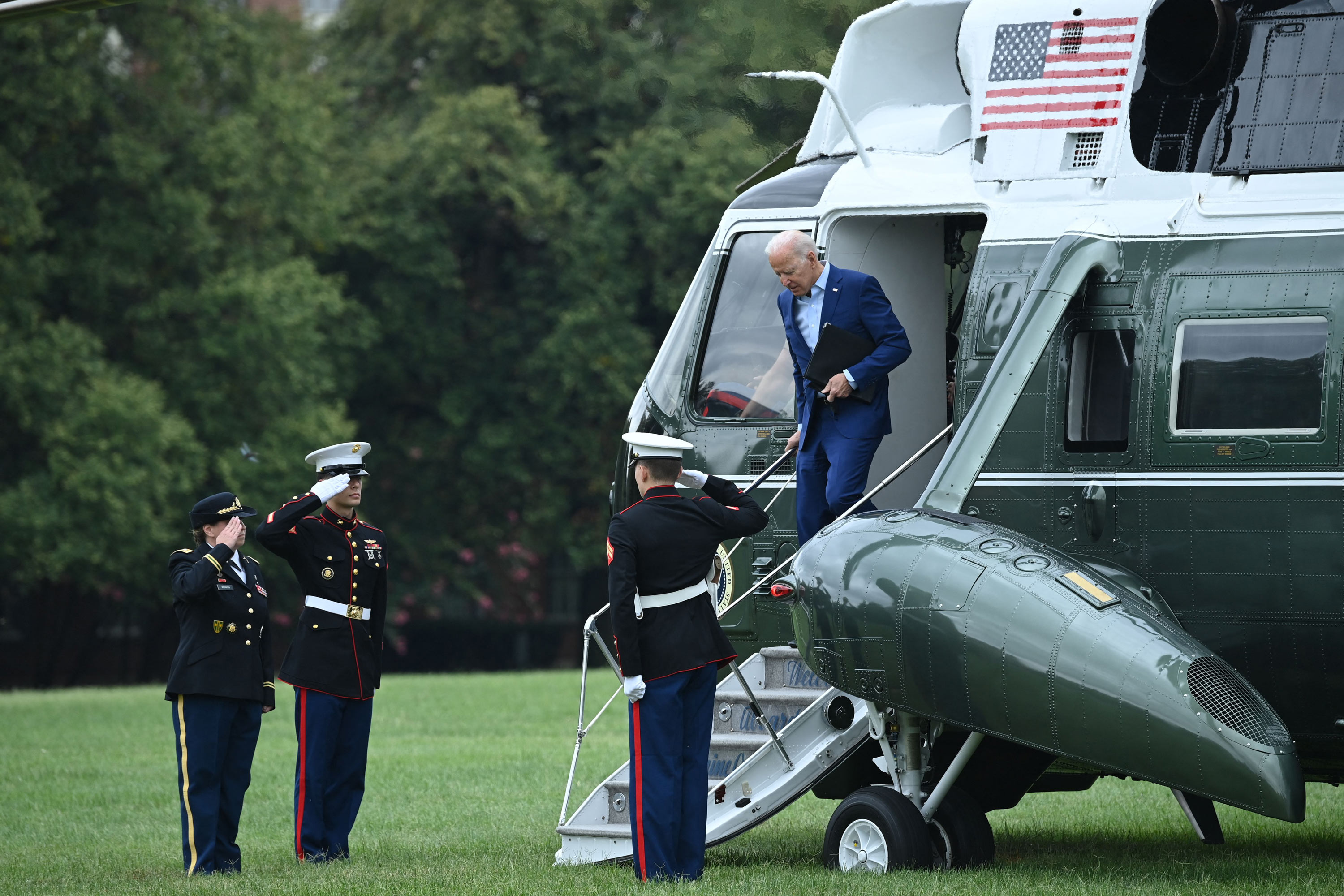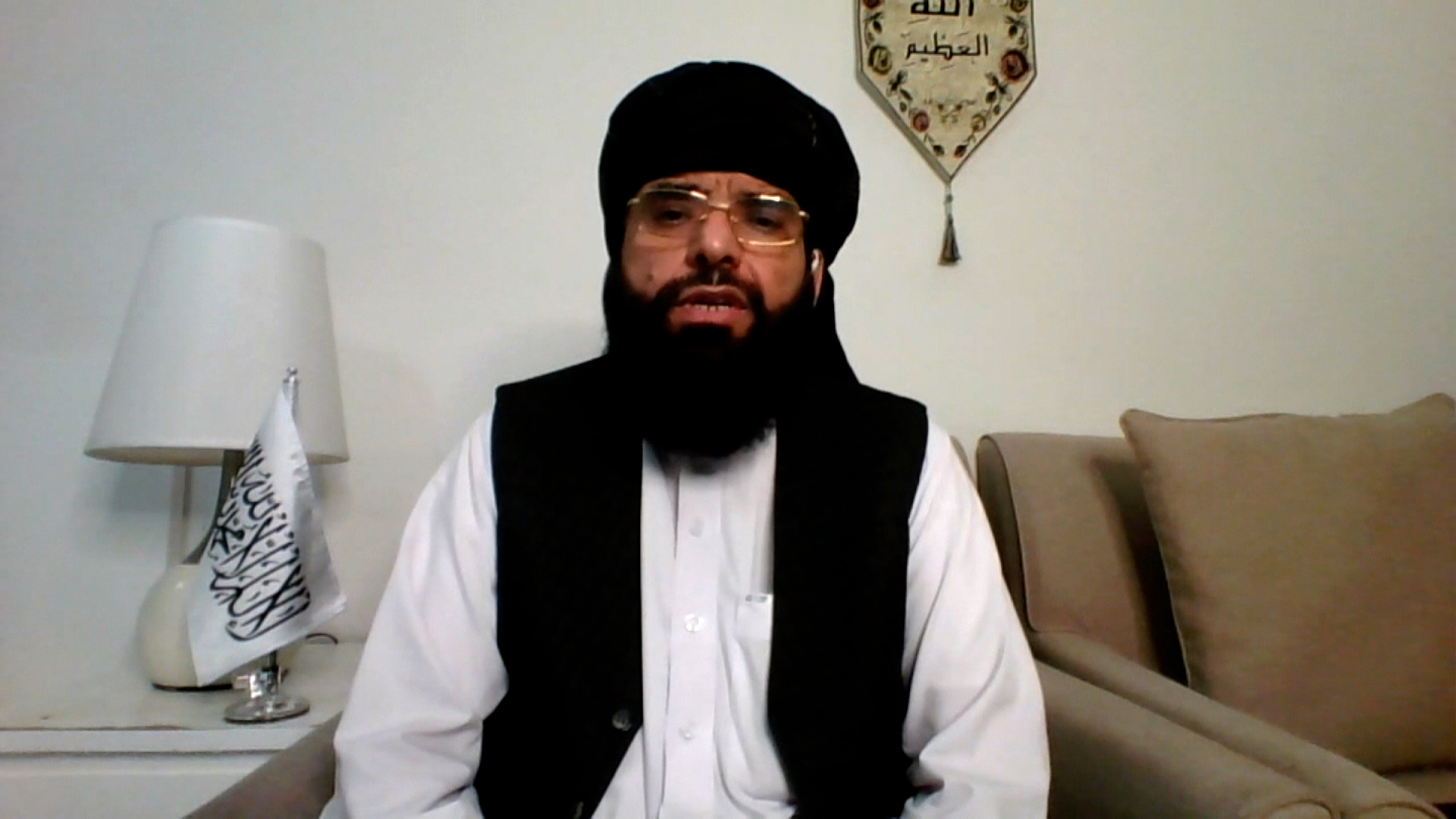The Taliban has swiftly regained control of Afghanistan 20 years after US forces began Operation Enduring Freedom (OEF).
The United States linked the September 11, 2001 terrorist attacks to al Qaeda, a group that operated under the Taliban regime’s protection in Afghanistan. The operation was launched to stop the Taliban from providing a safe haven to al Qaeda and to stop al Qaeda’s use of Afghanistan as a base of operations for terrorist activities.
Operation Enduring Freedom began on October 7, 2001, under President George W. Bush's administration, with allied air strikes on Taliban and al Qaeda targets.
On Oct. 14, 2001, the Taliban offered to discuss giving Osama bin Laden, then the lead of al Qaeda, to a third country for trial if the United States provided evidence of bin Laden’s involvement in the Sept. 11 attacks. The White House rejected the offer.
On Nov. 13, 2001, US airstrikes and ground attacks by the anti-Taliban Afghan Northern Alliance led to the fall of Kabul.
That same month many European countries offered troops to support OEF including, Germany, the Netherlands, France and Italy. US Defense Secretary Donald Rumsfeld also announced that the US doubled the number of its troops based in the country.
Over the next 20 years, the US along with allied nations and coalitions worked to create a stable Afghan led nation and also create and train an Afghan national army. Here's a timeline:
Dec. 2-5, 2001 - The United Nations hosts the Bonn Conference in Germany, results from the Bonn Agreement creates an Afghan Interim Authority and outlines a process for creating a new constitution and choosing a new government.
Dec. 20, 2001 - The United Nations authorized the International Security Assistance Force (ISAF) to provide security support to the Afghans. The United Kingdom agrees to lead the force initially.
Dec. 22, 2001 - Hamid Karzai is sworn in as head of an interim power-sharing government.
March 25, 2002 - Rumsfeld announces that there are plans under way for US and coalition forces to help train and create an Afghan national army.
January 2004 - Afghanistan passes a new constitution by consensus.
Oct. 9, 2004 - Afghanistan’s first direct democratic election is held.
Dec. 7, 2004 - Karzai is sworn in as the first democratically elected president of Afghanistan.
Dec. 1, 2009 - Obama announces the deployment of 30,000 additional US troops. This new deployment, set for 2010, brought US troop totals to almost 100,000, in addition to 40,000 NATO troops.
January 2010 - Representatives from more than 60 nations meet in London for the International Conference on Afghanistan, pledging to support the development of the Afghan National Security Forces.
May 2, 2011 - In the early morning hours, a small group of US Forces, including Navy Seals, raid a compound in Abbottabad, Pakistan and kill Osama bin Laden.
June 22, 2011 - Obama announces a plan to reduce the number of troops in Afghanistan and that US combat operations in the country will end by 2014.
Feb. 1, 2012 - Defense Secretary Leon Panetta announces that the US hopes to end its combat mission in Afghanistan in 2013, transitioning primarily to a training role.
May 27, 2014 - President Obama announces that the United States combat mission in Afghanistan will end in December 2014.
Sept. 30, 2014 - The US and Afghanistan sign a joint security agreement that will allow US troops to stay in Afghanistan beyond the previous December deadline to withdraw.
Jan. 1, 2015 - After more than 13 years of combat operations in Afghanistan, the US begins Operation Freedom’s Sentinel (OFS). The new mission conducts counterterrorism operations targeting terrorist groups like al Qaeda and the local ISIS affiliate and also focuses on building up local Afghan security forces to help fight the Taliban.
Dec. 9, 2019 - Confidential documents obtained by The Washington Post reveal that top US officials misled the American public about the war in Afghanistan in order to conceal doubts about the likelihood that the United States could be successful in the nearly 20-year effort since its earliest days, the paper reports.
April 14, 2021 - US President Joe Biden formally announces his decision to withdraw US troops from Afghanistan before September 11, 2021, deeming the prolonged and intractable conflict in Afghanistan no longer aligns with American priorities. “It’s time to end America’s longest war,” he says.
August 2021 - The Taliban take control of Afghanistan's capital city, Kabul, almost two decades after they were driven out by US troops. President Biden sends an additional 5,000 troops to Kabul to evacuate US personnel.


